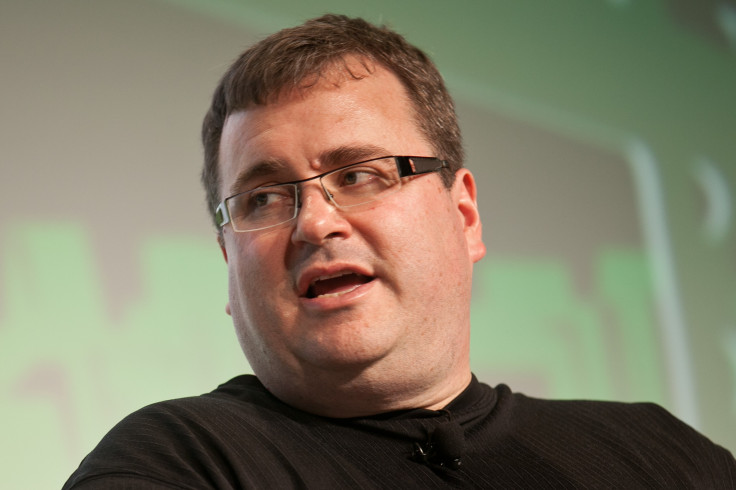
Former OpenAI director Reid Hoffman says he still has no idea why the American AI company's board ousted Sam Altman as CEO.
OpenAI's board did not provide a specific reason for removing CEO Sam Altman. The board announced the leadership transition in a blog post on November 17.
An internal memo sent to the company's staff attributed Altman's dismissal to his "behavior and lack of transparency in his interactions with the board".
Taking the stage at Wired's "LiveWired" conference in San Francisco earlier this week, Hoffman said he was puzzled by what took place after reading the blog post. "I still don't think we fully know," he added.
Following his dismissal, top investors spared no effort to urge the board to reinstate Altman as CEO. Moreover, some OpenAI employees threatened to quit unless the board reversed its decision to remove Altman. The board was left with no option but to bring back Altman to lead the artificial intelligence startup.
Changes in OpenAI after Sam Altman's return as CEO
The board is now undergoing a radical overhaul, which includes the removal of some longtime directors including Ilya Sutskever, who regretted his participation in the board's actions that led to Altman's ouster.
I deeply regret my participation in the board's actions. I never intended to harm OpenAI. I love everything we've built together and I will do everything I can to reunite the company.
— Ilya Sutskever (@ilyasut) November 20, 2023
Still, details about what led to the initial chaos are few and far between. According to a Bloomberg report, Altman had been trying to raise funds for a new AI chip startup.
A separate report by The New York Times suggests Sutskever thought Altman wasn't focusing enough on the potential risks of OpenAI pushing forward with its technology.
The folks at Reuters noted that the board had learned about a technical breakthrough called Q* from employees. The New Yorker, on the other hand, reported a disagreement between Altman and one of the directors Helen Toner, who subsequently left.
Last month, OpenAI chief operating officer Brad Lightcap wrote a brief message to employees addressing the firing of Altman. According to the top executive, the board didn't remove Altman because of "malfeasance or anything related to our financial, business, safety, or security/privacy practices".
While OpenAI continues to be the world's most highly valued startup, the ongoing uncertainty has turned out to be a gift to the rival companies. Unsurprisngly, rival companies are using the OpenAI drama to their advantage
Last week, Adam Selipsky, head of Amazon's cloud unit, which aims to compete with Microsoft Azure, told conference attendees in Las Vegas that the OpenAI fiasco shows why people wouldn't want a cloud vendor to be tied to just one provider of AI models.
Hoffman, who was one of OpenAI's original donors, joined Microsoft's board back in 2017 after the Redmond-based tech giant acquired LinkedIn.
After stepping down from OpenAI's board in March, Hoffman claims he hasn't spoken with any of the board members. However, he said he got in touch with Altman.
"I do think that we're in a much better place in the world" with Altman back at the helm, Hoffman said. "He's very competent with that."







